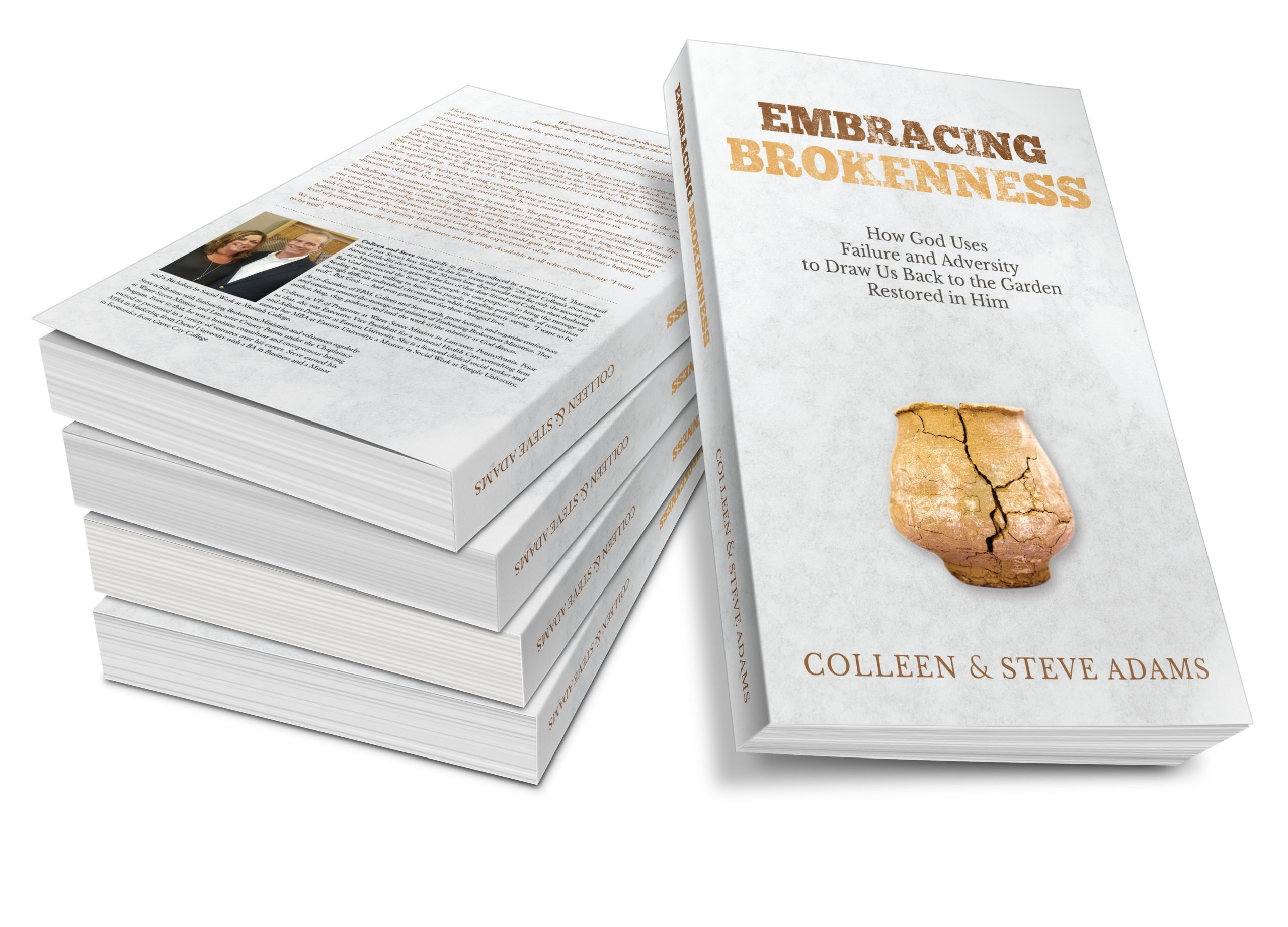The term “intimacy with God” has become one of those phrases that Christians often toss about in conversation. But how many of us know what it means? I certainly did not, as my story confirms. I was one of the many who confused knowing the Lord with knowing about Him. I knew a lot about God, being an academic and studier of things. But what I found is there is such a huge difference in knowing about, versus knowing intimately.
Consider this, American Christians consume more sermons and books than any other group in the history of the world. But has it drawn us closer to God? I wonder how many of us actually realize that our identity–our sense of self–is at stake in the midst of the crazy culture we find ourselves [i] In fact, most of us have become so good at “everything Christian”, that we have created a sort of club of professional gatherers rather than true, “pick up your cross and follow me” (Matt 16:24-26) followers. This statement by Francis Chan says this well, “We often spend a lot of time and effort gathering believers together. We’ve become experts at gathering Christians around great bands, speakers, and events. Where we have failed is in teaching believers how to be alone with God. When is the last time you heard someone rave about their time alone with Jesus? Gathering believers who don’t spend time alone with God can be a dangerous thing.”
Back to my story . . . I (Colleen) spent years not knowing who I really was, and not recognizing that the facade of my false self was not serving me well when it came to my journey with God. As Henri Nouwen so eloquently stated, “my shell of superficial securities eventually cracked”[ii].
In Thomas Merton’s book, The Wisdom of the Desert, “Society . . . was regarded [by the Desert Fathers] as a shipwreck from which each single individual man had to swim for his life . . .”
These were men who believed that to let oneself drift along, passively accepting the tenets and values of what they knew as society, was purely and simply a disaster. These desert fathers (who around the 4th century chose a monastic life at the time Christianity became completely accepted under Constantine), were fearful of the secularization of their faith and the church becoming mediocre. The wisdom of the desert fathers teaches us an important truth. Solitude was an essential part of engaging God and discovering the true self in his presence. The self or life that is “Hidden with Christ in God” as described in Colossians 3:3. We can only discover the true self, the image of God in us, through sustained constant communion with Him. What was true in the time of our desert fathers, that has a ring of truth to it today, is that our own secular world and even most of the church World, offers us so few spiritual disciplines we have to develop our own. In other words, we have to fashion our own Deserts. Solitude is the place of nothingness where we are naked, vulnerable, sinful, deprived, and broken. The nothingness—that most of us would like to avoid–is masked by friends, family, work, music, meetings that make us believe we are worth something. According to Merton, “Solitude is the furnace in which true transformation takes place. Only from this transformed and converted self, can real Ministry flow.”[iii].
Silence is an indispensable discipline in spiritual life. Our world today is like driving through a huge dictionary, words are everywhere. Silence is the place of conversion, the place where the old self dies and the new self is Born, the place where the true self emerges.
When was the last time you enjoyed meaningful time alone with God? Time so good that you didn’t want to leave. For many of us, the thought of sitting quietly to meditate on Scripture and praying deeply in silence can be eagerly replaced by listening to a sermon while driving to work. This certainly was my journey. The sad part is, as much as fellowship with other believers is important, none of us are really that wise. The abiding we need can only be found from what God wants to impart to us—not through another human being.
“My thoughts are not your thoughts, neither are your ways my ways, declares the Lord. For as the heavens are higher than the earth, so are my ways higher than your ways and my thoughts than your thoughts”. (Isaiah 51:8-9)
So what does it look like to become so attuned to God, that he is able to impart his image back into us?
[i] David G. Benner, The Gift of Being Yourself: The Sacred Call to Self-Discovery
[ii] Henri Nouwen, The Way of the Heart; The Spirituality of the Desert Fathers.
[iii] Thomas Merton. The Wisdom of the Desert.






